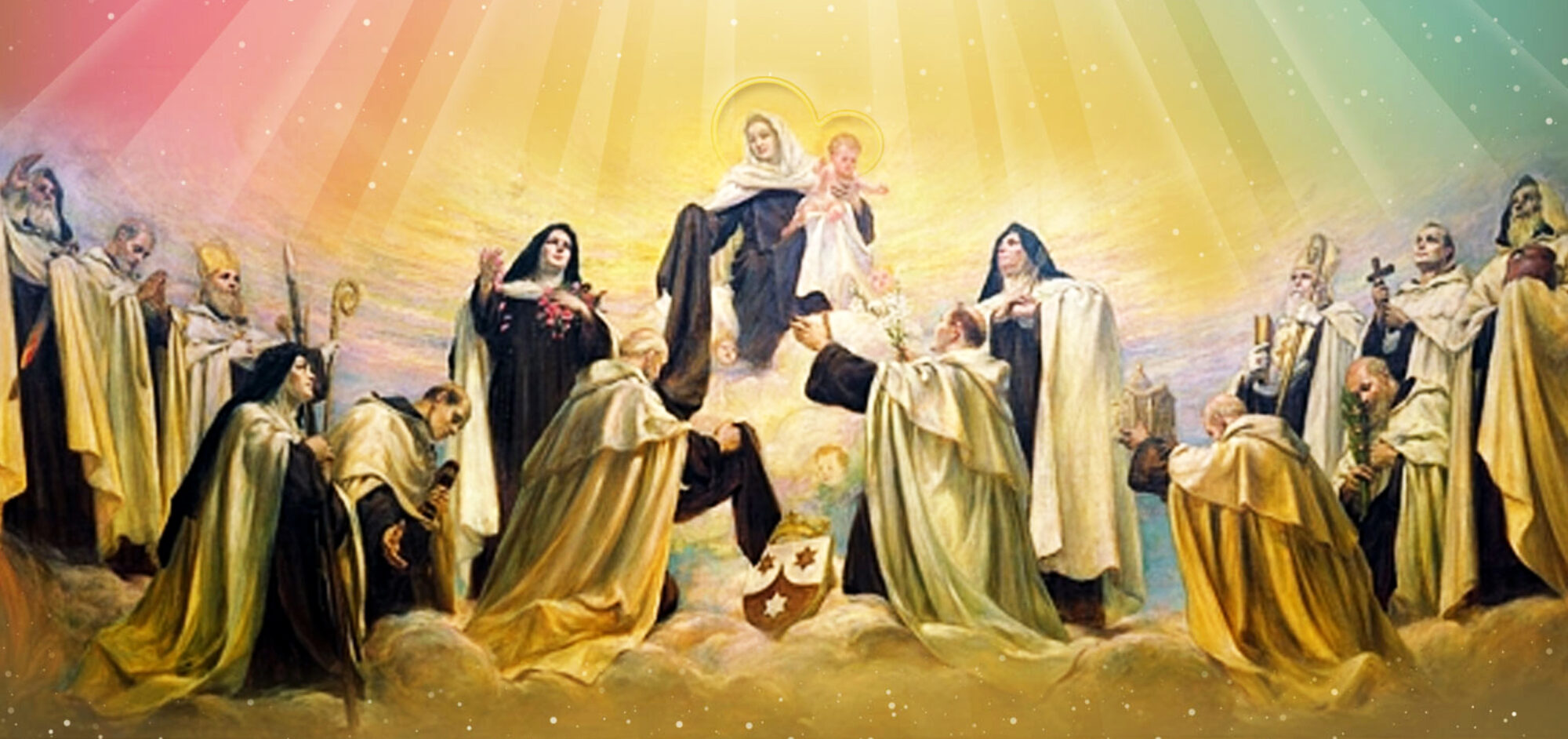Carmelite Thoughts: Repentance – Fire of Love
The true Light shines “in our hearts to give the light of the knowledge of the glory of God in the face of Christ’ (2Cor 4:6). We must draw aside the curtains, open the inner window of the heart for the light of God’s flame to ‘fire the soul in the spirit of love’ ( 1DN 10:6). This aspect of the Advent mystery is also continually present in contrite hearts at prayer who reach out in repentance to God for his mercy and forgiveness.‘
The Baptist appeared in the wilderness, preaching a baptism of repentance for the forgiveness of sins’ (Mk 1:4). The clarion call of the Baptist for repentance echoes the voice of his fiery predecessor, Elijah, the father of all Carmelites. Elijah prays on Mount Carmel: ‘O Lord, God of Abraham, Isaac and Israel… let the people know that you, O Lord, are God, and are winning back their hearts’ (1Kgs 18:36-37). This is the voice of the prophet calling to conversion. Elijah is pleading with a wayward people for a return to the one true God of the covenant, reminding them of their first allegiance and their daily prayer: “Hear, O Israel: The Lord our God is one Lord; and you shall love the Lord your God with all your heart, and with all your soul, and with all your might (Dt 6:4).” When the fire descends from heaven, repentance is instant. The people fall prostrate on the ground. They cry out: ‘The Lord, he is God; the Lord, he is God’ (1Kgs 18:39). The false prophets of Baal, who had led the people astray, are put to the sword.
Elijah has called the people of God to repentance. But now he himself must experience his own conversion. No sooner is victory won for God than we see Elijah in flight from the infamous Queen Jezebel, seeking vengeance for the slaughter of her false prophets of Baal. Tired, exhausted, hungry, thirsty, Elijah pleads despondently with God in the wilderness: ‘It is enough; now, O Lord, take away my life; for I am no better than my fathers’ (1Kgs 19:4). This is his dark night of faith as ‘he lies with his face downwards…in the rubble that was his achievement’. All seems futile to him now – total failure.
But a light shines in the darkness. God intervenes to feed him, and Elijah goes ‘in the strength of that food for forty days and forty nights to Horeb, the mount of God’ (1Kgs 19:8). Here, on this other mountain, Elijah discovers a new face of God – not in the wind, not in the earthquake, not in the fire, but in ‘the voice of a thin silence’ (1Kgs 19:12). This is not the God of the devouring fire proclaimed by Elijah on Mount Carmel. It is, of course, the same God. But the prophet now experiences him in the stillness of an ineffable mystery; he becomes like the lover in John of the Cross’ ‘Spiritual Canticle’, who experiences God in the ‘silent music, sounding solitude’ that speaks of the Beloved (SC 15)


